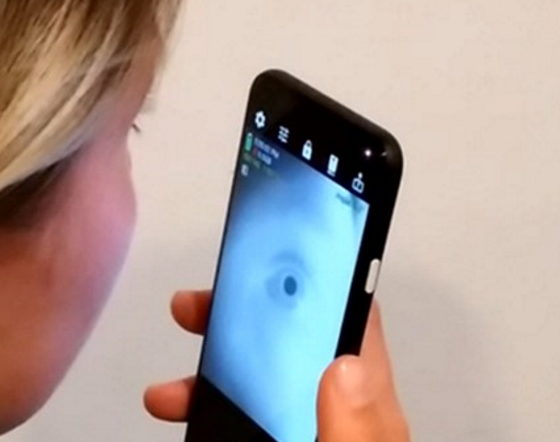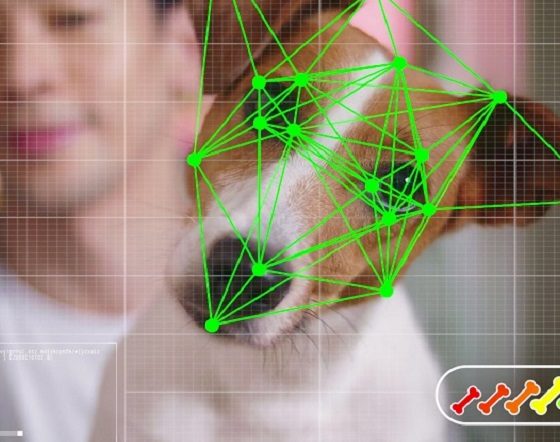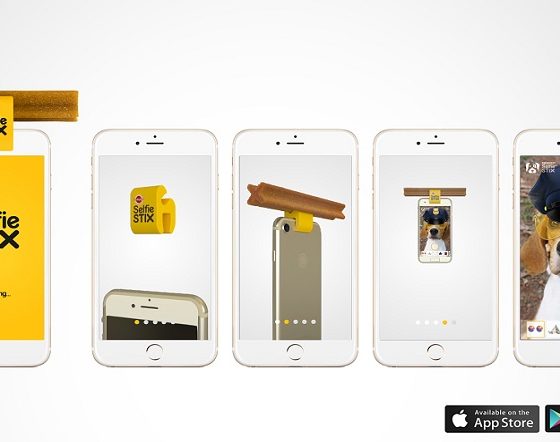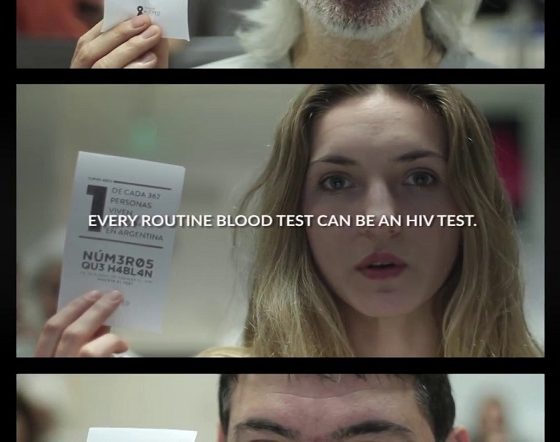Étiquette : facial recognition
What if your phone could tell you if you have Alzheimer’s ?
By University of California San Diego
Researchers at the University of California San Diego have developed a mobile application that will eventually detect neurological diseases and disorders such as Alzheimer’s disease, ADHD (Attention Deficit Hyperactivity Disorder) and many others, through pupillometric measurements.
Pet-commerce
By Petz
Petz launched the site Pet-commerce, which is the first site of e-commerce where dogs can buy things for themselves. The dog just needs to watch the products video, an artificial intelligence activated by facial recognition will tell, according to the position of dog’s ears, mouths and other signs, if the dog likes the product or not. The UI/UX of the site, as well as the products videos, have been adjusted to meet dogs’ vision and hearing frequency.
SelfieSTIX
By Mars New Zealand
Human love to take selfies, but dog don’t like it that much. To promote its product Pedigree DentaSTIX, Mars decided to win young dog owners by helping them to capture perfect dog selfies. The brand created SelfieSTIX, a smartphone accessory given away with products and supported by a smartphone application that analyzes dogs facial characteristics then puts funny filters on dog’s face.
CORRUPTION DETECTOR
By Reclame Aqui
Based on facial recognition, Corruption Detector is a free APP that draws on a comprehensive database with all the official records of corruption. By simply pointing a phone at a candidate, voters of the general elections in Brazil of 2018 can now spot the corrupt ones in purple, no matter where they are: TV, papers, internet, outdoors and even in person.
Revieve, the digital beauty consultant
By Revive
Revieve, the digital beauty consultant analyses your selfies and, according to the results in terms of skin pigmentation, wrinkles or eye bags, delivers you personalized beauty product recommendations. On top of that, thanks to an AR program, you can visualize how your face would look like if you had used the recommended products.
TALKING NUMBERS
By Wunderman Buenos Aires
The foundation Huésped has decided to set up an awareness campaign on the importance of HIV prevention tests in Argentina. They modified a machine normally used for patients to check-in. So instead of providing the usual appointment number, the machine handled an HIV statistic relevant to each person.





